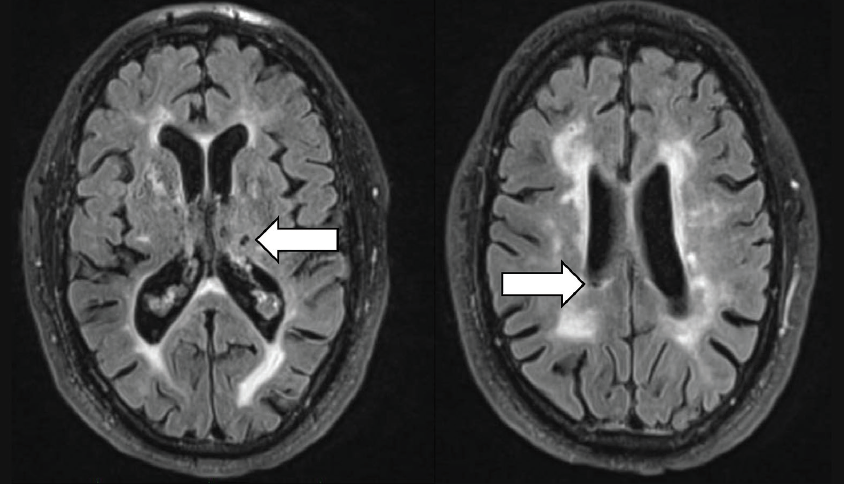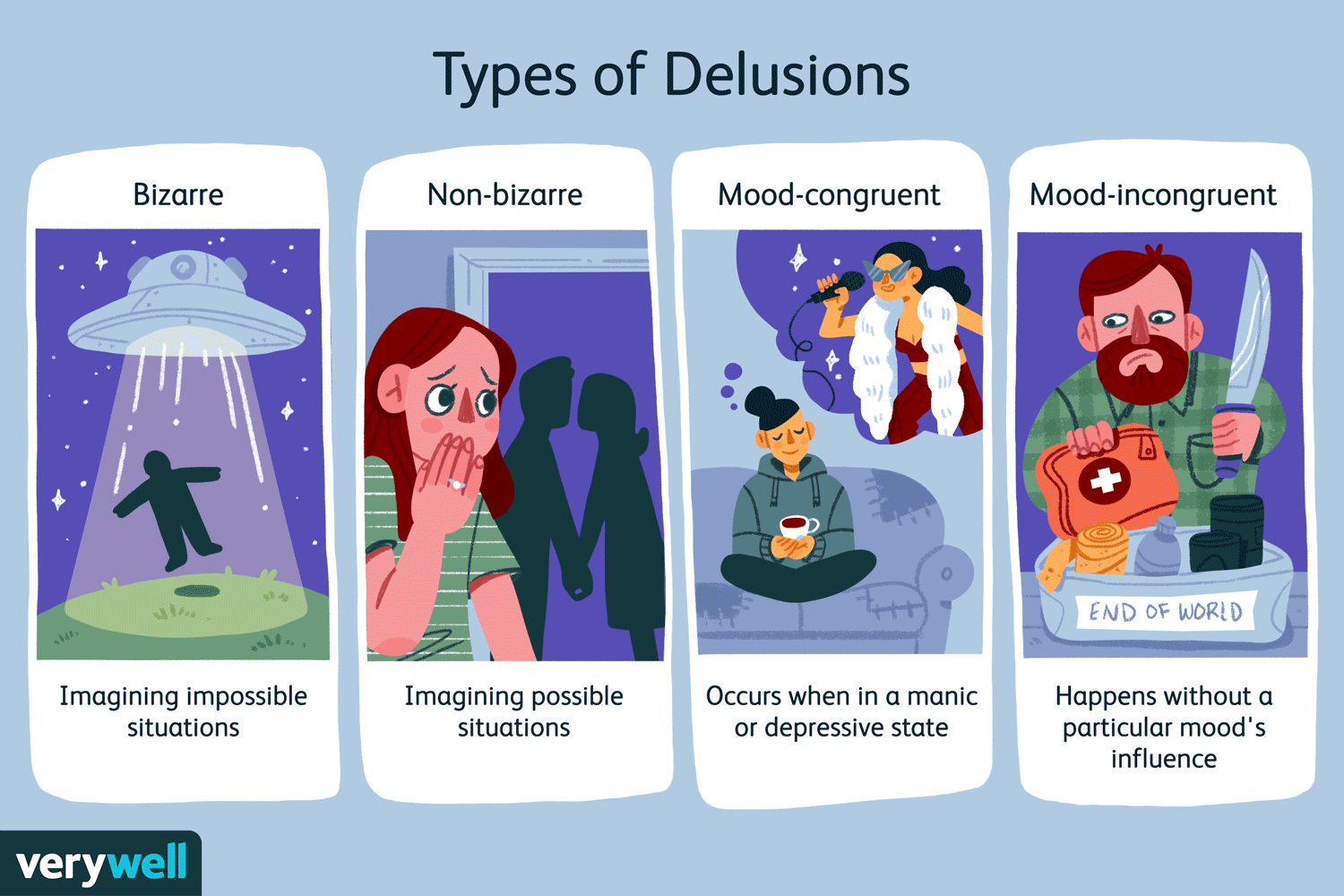Substance-induced psychotic disorder is a mental health condition characterized by the development of psychotic symptoms, such as hallucinations and delusions, as a result of substance use or withdrawal. These symptoms can range from mild to severe and can significantly impair a person’s ability to function.
Symptoms of Substance-Induced Psychotic Disorder
Individuals with substance-induced psychotic disorder may experience a variety of symptoms, including:
- Hallucinations: Seeing or hearing things that aren’t real.
- Delusions: False beliefs that are not based on reality.
- Disorganized Thinking: Difficulty thinking clearly and logically.
- Disorganized Behavior: Odd or unusual behavior, such as unpredictable or erratic actions.
Substances That Can Trigger Psychotic Symptoms
A variety of substances can induce psychotic symptoms, including:
- Stimulants: Amphetamines, cocaine, and methamphetamine
- Hallucinogens: LSD, psilocybin mushrooms, and PCP
- Dissociative Drugs: Ketamine and PCP
- Alcohol
- Cannabis
Treatment of Substance-Induced Psychotic Disorder
Treatment for substance-induced psychotic disorder typically involves addressing the underlying substance use disorder and managing the psychotic symptoms. Key treatment strategies include:
- Substance Abuse Treatment: This may involve detoxification, medication-assisted treatment, and behavioral therapies.
- Medication: Antipsychotic medications can help manage psychotic symptoms, such as hallucinations and delusions.
- Psychotherapy: Cognitive-behavioral therapy (CBT) can help individuals develop coping strategies and address underlying psychological issues.
- Supportive Care: A supportive environment can help individuals recover from substance use and manage their mental health condition.
It’s important to seek professional help if you or someone you know is experiencing substance-induced psychotic symptoms. Early intervention and treatment can help minimize the impact of these symptoms and promote recovery.



